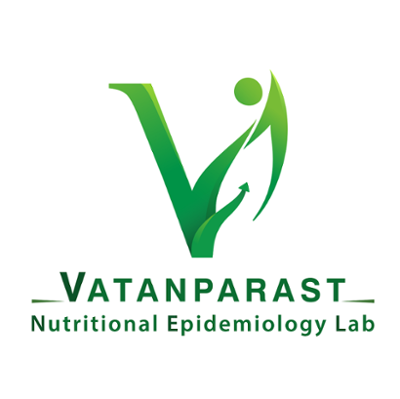General Information

About Our Study
The Effects of Milk and Yogurt Supplementation on Bone Health, Body Composition and Gut Health in Canadian Young Adults: A Randomized Controlled Trial aims to assess the impact of consumption of fermented (like yogurt) and non-fermented dairy products (like milk) on:
- bone health and the development of osteoporosis (a condition characterized by loss of bone mass and tissues making bones weak and more likely to break)
- body composition (such as percentage of fat mass and lean mass) and the development of obesity (a condition characterized by extra accumulation of body fat)
- on gut microbiomes (the bacteria inside our intestine, which facilitate different functions inside our body like protection from infections and other diseases).
Who Is Eligible?
- You are 19-30 years of age
- You are not pregnant or lactating or intending to conceive during the study period
- You are not classified as obese by BMI, that is a BMI less than or equal to 30kg/m2
- You have not had serious diseases in your bones, liver, hormones, lungs, or thyroid, and you have never had cancer
- You do not have a diagnosed hormonal imbalance
- You do not have secondary osteoporosis due to hypoparathyroidism (i.e., weak bones because of a problem with your parathyroid gland that controls calcium in your body)
- You do not take water pills or diuretics, blood thinners, or cancer drugs
- You do not have cow’s milk allergy
There may be other criteria that make you ineligible for the DFC study, which may be discussed with you during screening.
Where Will The Study Be Conducted?
All measurements will be take at the University of Saskatchewan Saskatoon campus. More detailed locations will be emailed for in-person measurements directly to the particiapnts. If you have any questions please feel free to reach out via our contact information tab. There may be some surveys and interviews conducted remotely.
If you have not registered for the study please scan the QR code below:
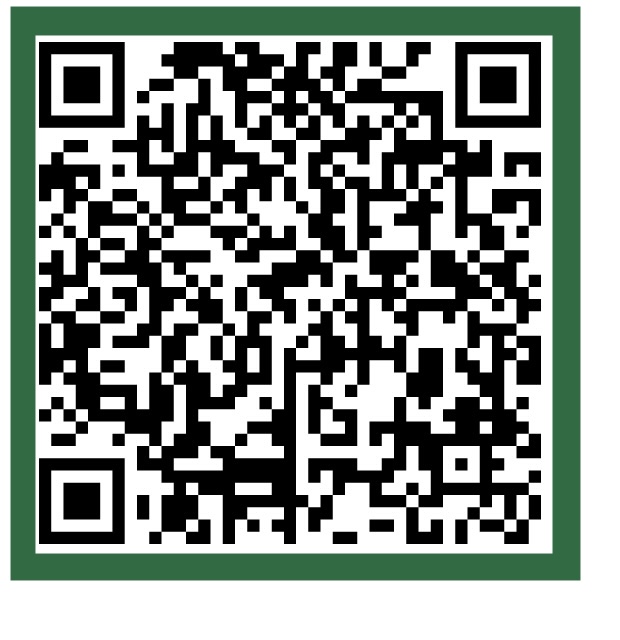
Welcome New Participants
What to Expect
The study will take place over the course of two years.
Your dairy pick up, if you are in the milk or yogurt groups, will be every two weeks and you can book a time that is convenient for you on this page.
After the intake interview you will be contacted via email four times for remotely administered questionnaires. During these times we will also interview you about your diet. You will also be asked to attend three sessions in person for sampling and measurements. Each of these sessions is expected to take approximately 2 hours. The first in person session may be a bit longer and take approximately 2 and a half hours. We will do our best to make you comfortable and that no time is wasted during the process. This page contains premeasurement instructions.
Approximate timeline below:
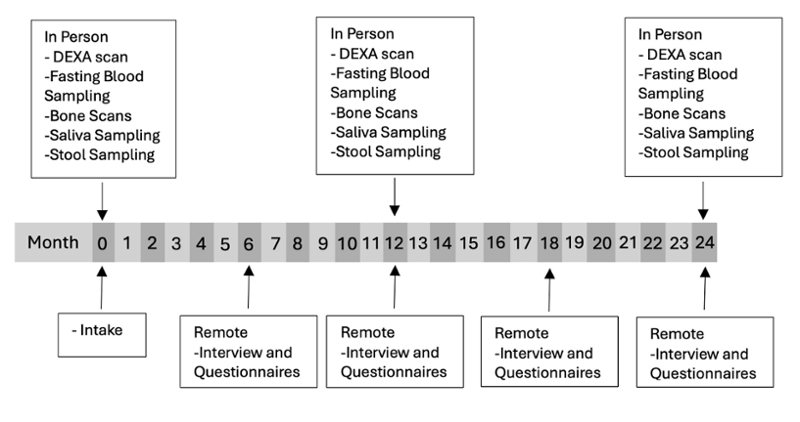
Dairy Consumption Instructions
Milk Group
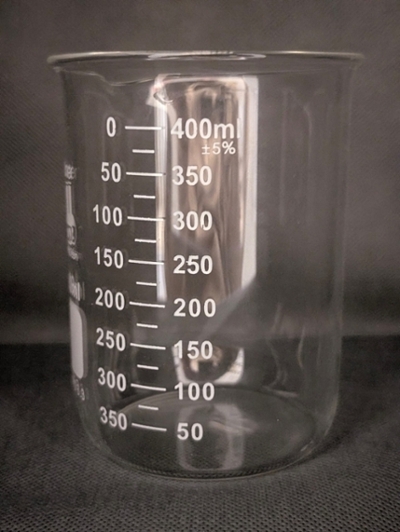
If you are randomized into the milk group we will ask that you consume 1.5 cups of milk per day along with your usual diet. You will be provided a beaker or other measurement device to measure your daily milk. 1.5 cups of milk equals 355 ml.
If you are assigned to the milk group, you will have the option to choose the fat content of milk (i.e., 1% or 2%), however your selection must remain consistent over the duration of the study. You will be asked to pick up the milk packs every 1 or 2 weeks, depending upon your needs and the shelf life of the milk, from the Williams Building (221 Cumberland Ave N, Saskatoon). Milk packs will be stored in the fridge at the Williams building.
Please note, if the milk carton is sealed, regular milk can be kept for 18-22 days at a temperature
between 1°C and 4°C; once opened, milk should be consumed before the expiry date and within
7-10 days. The supplemented milk provides approx. 500 mg Ca/day.
Yogurt Group
If you are randomized into the yogurt group we ask that you consume two cups of yogurt per day along with your usual diet.
If you are assigned to the yogurt group, you will have the option to choose the fat content (i.e., 1% or 2%) and flavor (i.e., plain or flavored) of yogurt. You will be asked to pick up the yogurt packs every 1 or 2 weeks, depending upon your needs and the shelf life of the yogurt packs, from the Williams Building (221 Cumberland Ave N,Saskatoon). Yogurt packs will be stored in the fridge at the Williams building.
Yogurt can be stored in the refrigerator (4 ºC) one to two weeks . Once opened, yogurt will typically stay at peak quality for 5 to 7 days. The supplemented yogurt provides approx. 500 mg Ca/day.
Regular Diet Group
If you are assigned to this group, you will be asked to continue to follow
your habitual, or regular, diet.
Disclaimer
Participants in the intervention arms of this study will receive dairy products every two weeks and will be encouraged to maintain their usual dietary patterns while consuming the supplemental amounts. Please be aware that weight gain is possible for participants assigned to the milk or yogurt groups. Central adiposity will be measured every six months using waist circumference to monitor this.
The study dietitian will be available upon request to provide virtual guidance by Zoom or phone for 30-45 minute appointments after each data collection session. During these sessions, the dietitian will discuss the calorie and fat content of various milk and yogurt products and offer advice on incorporating these dairy products into your diet without increasing overall calorie intake. Participants in the control group will be instructed to continue their usual diets but will also have access to this service.
Please note that the information and guidance provided by the study dietitian(s) are specific to this study and based on current dietary guidelines and best practices. The dietitian's advice is intended to support your participation in the study and will not address additional concerns unrelated to the adherence to the intervention or the study outcomes. These appointments will not replace your healthcare provider's personalized medical or nutritional advice. Please consult your healthcare provider if you have any concerns about your diet or health.
In accordance with the Saskatchewan College of Dietitians guidelines for virtual dietetic practice, all virtual consultations will be conducted with the utmost respect for your privacy and confidentiality. The dietitian providing the service is registered and accountable through the provincial dietetic regulatory body.
FAQ
Calcium intake: Health Canada defines the UL as the highest daily nutrient intake that poses no risk to almost everyone in a specific age and gender group. For calcium, the UL is 2500 mg/day in adults 19-30.
Sharing contraceptive and steroid use information: There will be no new risk involved in disclosing information regarding the use of hormonal contraceptives and the type. Instead, it will help remove any confounding factors that might affect study results. This study follows all data privacy and confidentiality protocols.
Blood draw: Drawing 20.5 ml of blood generally poses minimal risk for most healthy adults, but potential risks include bruising and discomfort at the draw site, dizziness or fainting, and a small risk of infection. It will not increase the risk of anemia because the blood draws will be spaced over 12 months, giving your body enough time to recover. Ensuring you are well-informed, hydrated, and monitored can help mitigate these risks.”
Dairy allergies: There is a slight possibility that you may have an unknown allergy to the foods provided in this study. If you present symptoms such as loose stools or diarrhea, abdominal cramps, or runny nose related to dairy consumption, please contact dairyrct@usask.ca
Stomach discomfort: You may experience gastrointestinal symptoms such as flatulence (gas), bloating, or changes to your bowel movements
Weigh gain: Weight gain is a possibility if assigned to either the yogurt or milk groups, but participants assigned to these groups will meet with a dietitian (an appointment of 30-45 minutes can be booked with a Dietitian after each data collection session) who will help them add these dairy products to their diet without increasing the total number of calories or fat they eat.
No; your dairy for the study will be provided to you free of charge.
We will do our best to accomodate you. Please reach out via the dairyrct@usask.ca email for more information. If you are aware of your travel in advance let us know so that arrangements can be made.
We may ask that you purchase your own dairy and save all receipts so that we can compensate you. We will advice you on what kind of dairy to purchase.
The results will only be analyzed after the final participant has completed all measurements. At this point in time there is no specified end date, however you will be notified upon publication of any results.
Yes! We encourage you to try new recipes so you can enjoy your daily dairy. We only ask that you do not cook or freeze the dairy so that the microbes are not effected.
While we would like to help you in every way possible, it is beyond our capacity to deliver the dairy products to participants' locations. All participants who are randomized to milk or yogurt groups are requested to pickup their dairy products from the Williams Building.
If you think this answer is correct, please go ahead. If you would like to suggest anything, please do not hesitate.
Measurement Preparation Instructions
All DEXA scans will be completed at the Williams Building on campus at 221 Cumberland Ave N. Access is through the rear northeast tower entrance and down the stairs. There is map, including close up of rear entrance, which can be found in the "maps" section of this site.
The DEXA scan will take approximately 20 minutes to complete. We ask that you wear clothing that is comfortable to lie down in for that duration. Please avoid wearing any metal, such as jewelery, belts, bras with underwires and garmets with metal buttons.
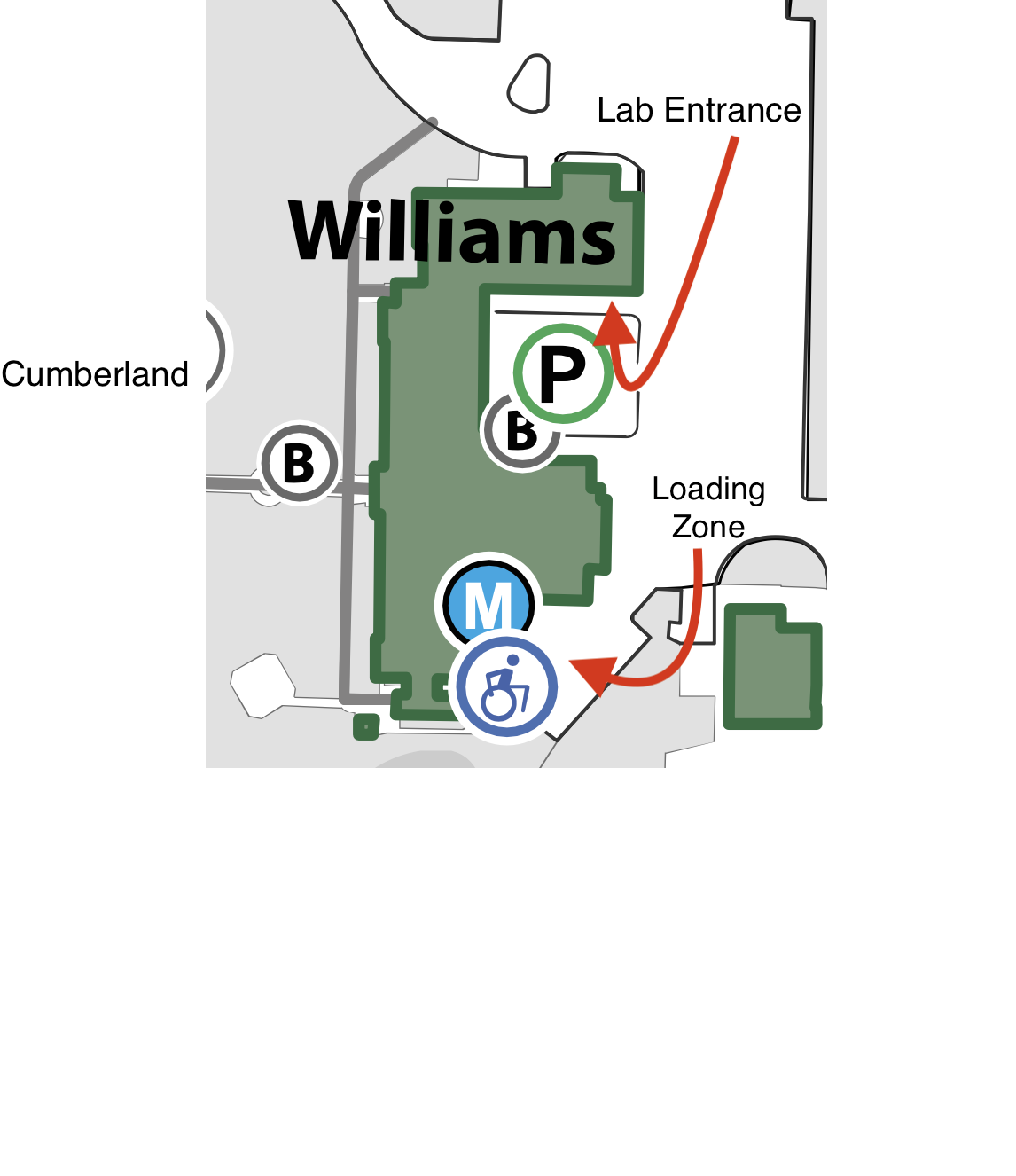
We ask that you please do not eat 12 hours before the time your blood sample will be taken. We also request that you do not exercise vigorously 48 hours before the sample appointment. This sample will be taken in the Williams building, afterwards a small snack will be provided.
Please do not eat, drink, smoke or use oral hygiene products 30 minutes before the sample collection. This sample will be taken in the Williams build. Prior to the sample being taken, we will provide you with water to rinse your mouth.
Click HERE for sample instructions
This link will bring you to a step by step guide and video.
Maps
Williams Building 221 Cumberland Ave.
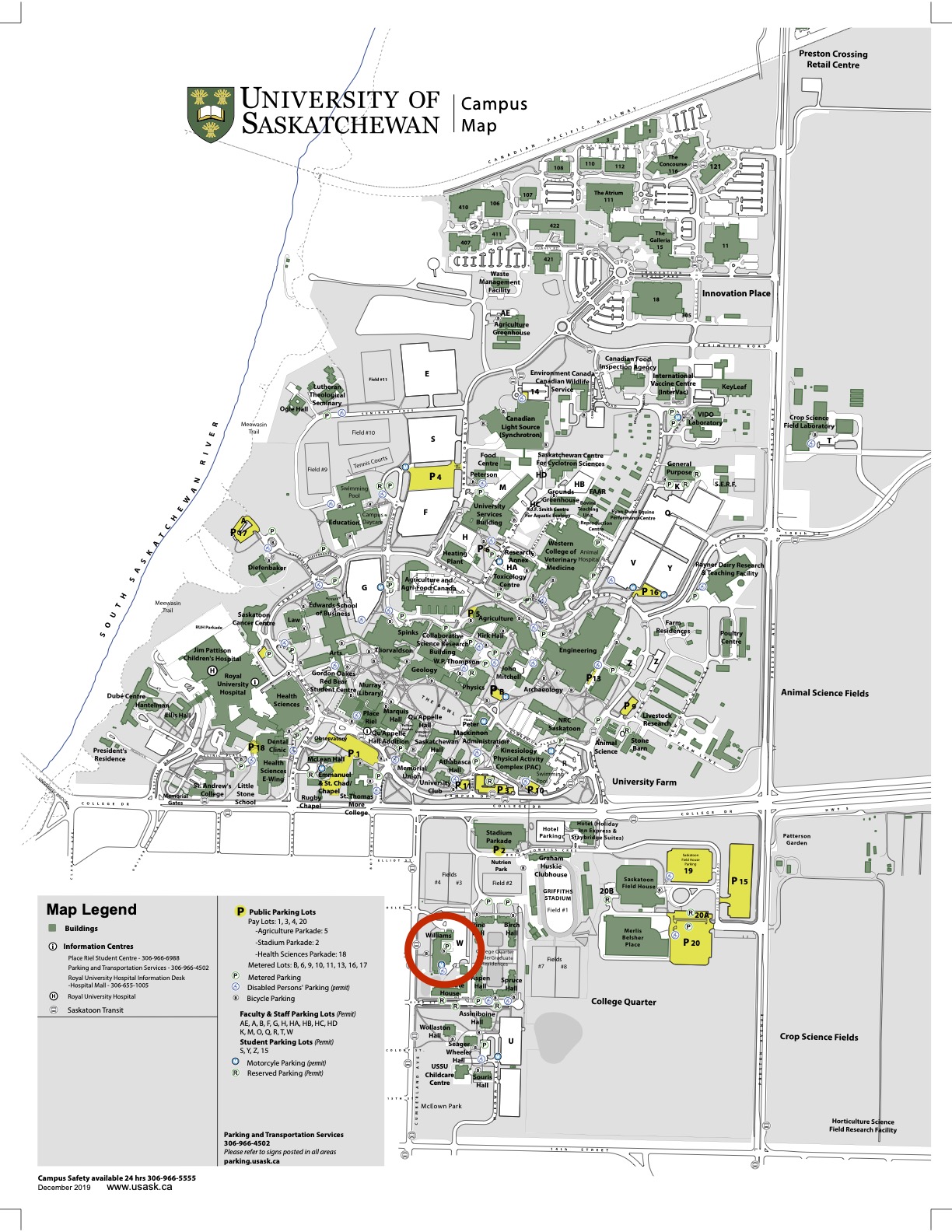
Rear Entrance

Physical Activity Complex 87 Campus Dr.
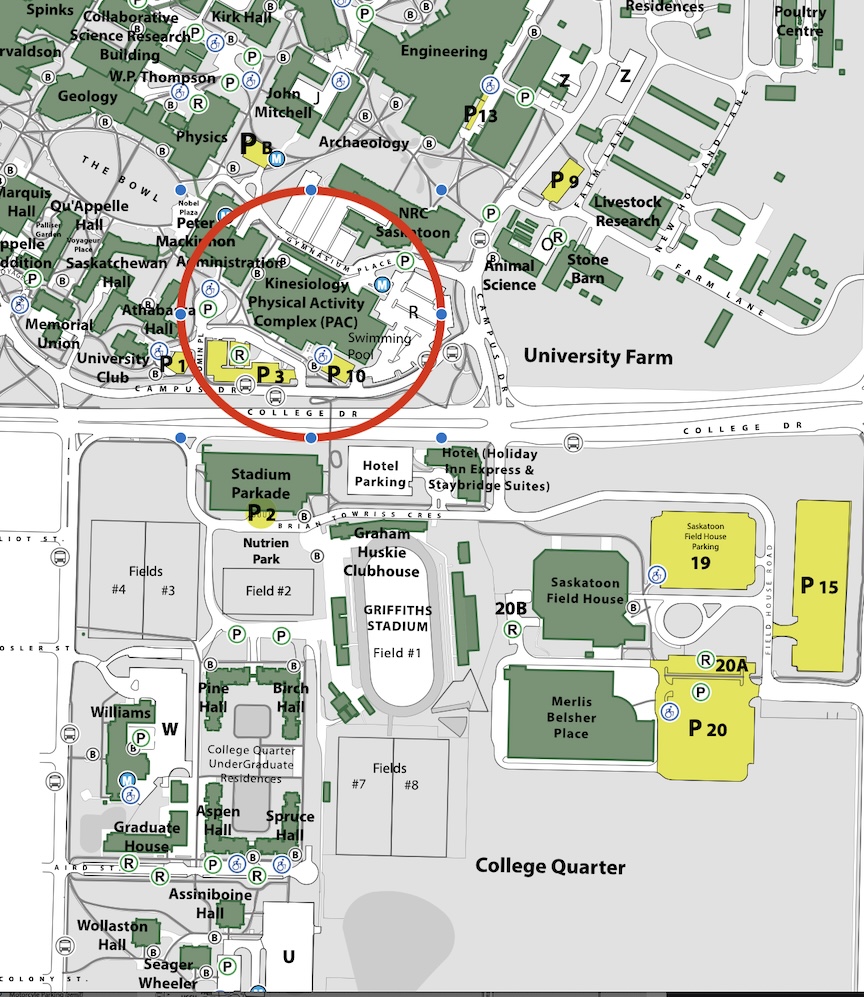
Contact Information
Ways to Get in Touch
There are several ways to get in contact with us. Please feel free to reach out if you have any questions.
Email: Dairyrct@usask.ca
Email Sidra Uzair, Student Researcher : sidra.uzair@usask.ca
Email Michele Monroy Valle de Trejo : m.monroyvalle@usask.ca
Phone Number : 306-966-2833
Recipe Ideas
Loading...


